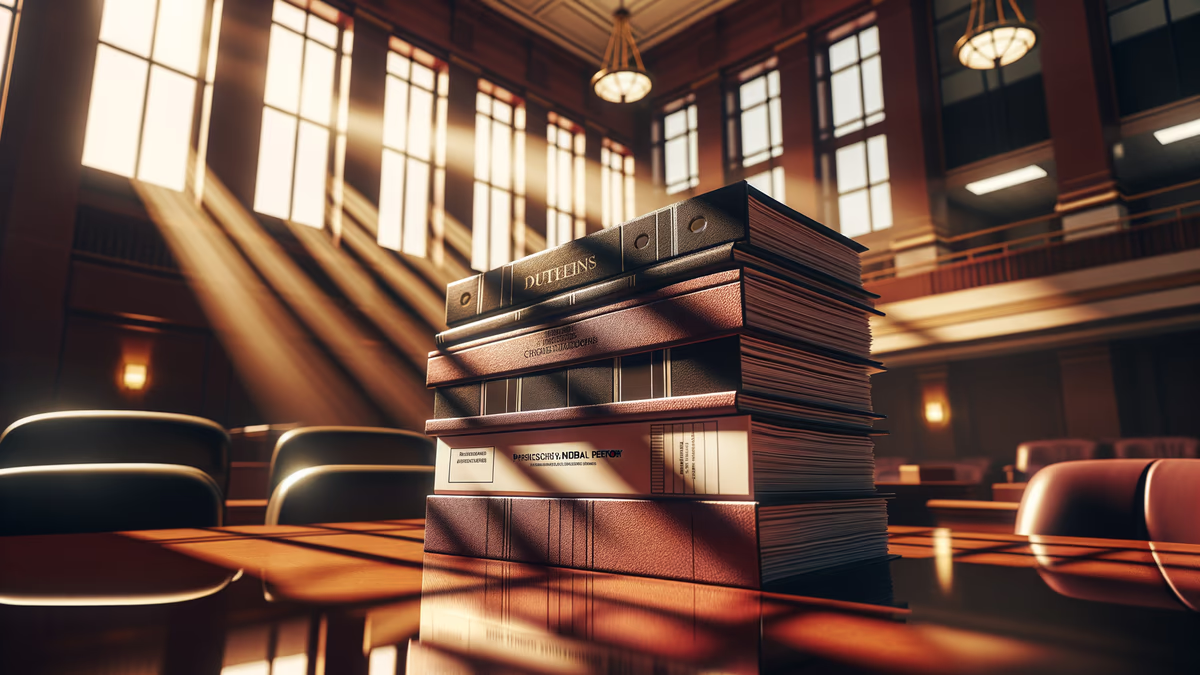Key Takeaway
Court grants oral application accepting untimely expert papers and physician affirmation from different specialty in Buffalo General Hospital case.
Payne v Buffalo Gen. Hosp., 2012 NY Slip Op 04901 (4th Dept. 2012)
“With respect to appeal No. 1, we reject defendants’ contention that Supreme Court erred in granting plaintiff’s application and in thus considering plaintiff’s untimely expert affirmation. “While a court can in its discretion accept late papers, CPLR 2214 and 2004 mandate that the delinquent party offer a valid excuse for the delay … Additional factors relevant when essentially extending the return day by accepting late papers include, among others, the length of the delay and any prejudice” (Mallards Dairy, LLC v E & M Engrs. & Surveyors, P.C., 71 AD3d 1415, 1416 ; see generally Foitl v G.A.F. Corp., 64 NY2d 911, 912-913). Plaintiff’s attorney offered a valid excuse for the delay (see Mallards Dairy, LLC, 71 [*2]AD3d at 1416; Associates First Capital v Crabill, 51 AD3d 1186, 1188, lv denied 11 NY3d 702; cf. Gagnon v St. Joseph’s Hosp., 90 AD3d 1605, 1607), the delay of only several days was minimal (see Associates First Capital, 51 AD3d at 1188), and “any prejudice was alleviated when defendant permitted to submit … reply affidavit in response to plaintiff’s late submission” (Mallards Dairy, LLC, 71 AD3d at 1416).”
“It is well recognized that a plaintiff’s expert need not have practiced in the same speciality as the defendants (see Diel v Bryan, 57 AD3d 1493, 1494). The record includes the redacted affirmation of plaintiff’s expert stating that the expert was a physician duly admitted to practice in New York, had been licensed and had practiced for over 20 years, had a specialty in neurology, and had practiced in emergency room settings in hospitals in Western New York. We conclude that the expert’s affirmation was sufficient to demonstrate that the expert has “the requisite skill, training, education, knowledge or experience from which it can be assumed that opinion rendered is reliable”
Related Articles
- CPLR § 2106 Amendment and affidavit requirements in New York litigation
- Expert witness qualifications for different medical specialties
- Expert competency and medical literature in New York cases
- Written opposition strategies for procedural defects
- New York No-Fault Insurance Law
Legal Update (February 2026): Since this 2012 decision, the courts’ application of CPLR 2214’s excuse and prejudice requirements for accepting untimely papers may have evolved through subsequent appellate decisions, and practitioners should verify current judicial standards for demonstrating valid excuses and evaluating prejudice in motion practice.

